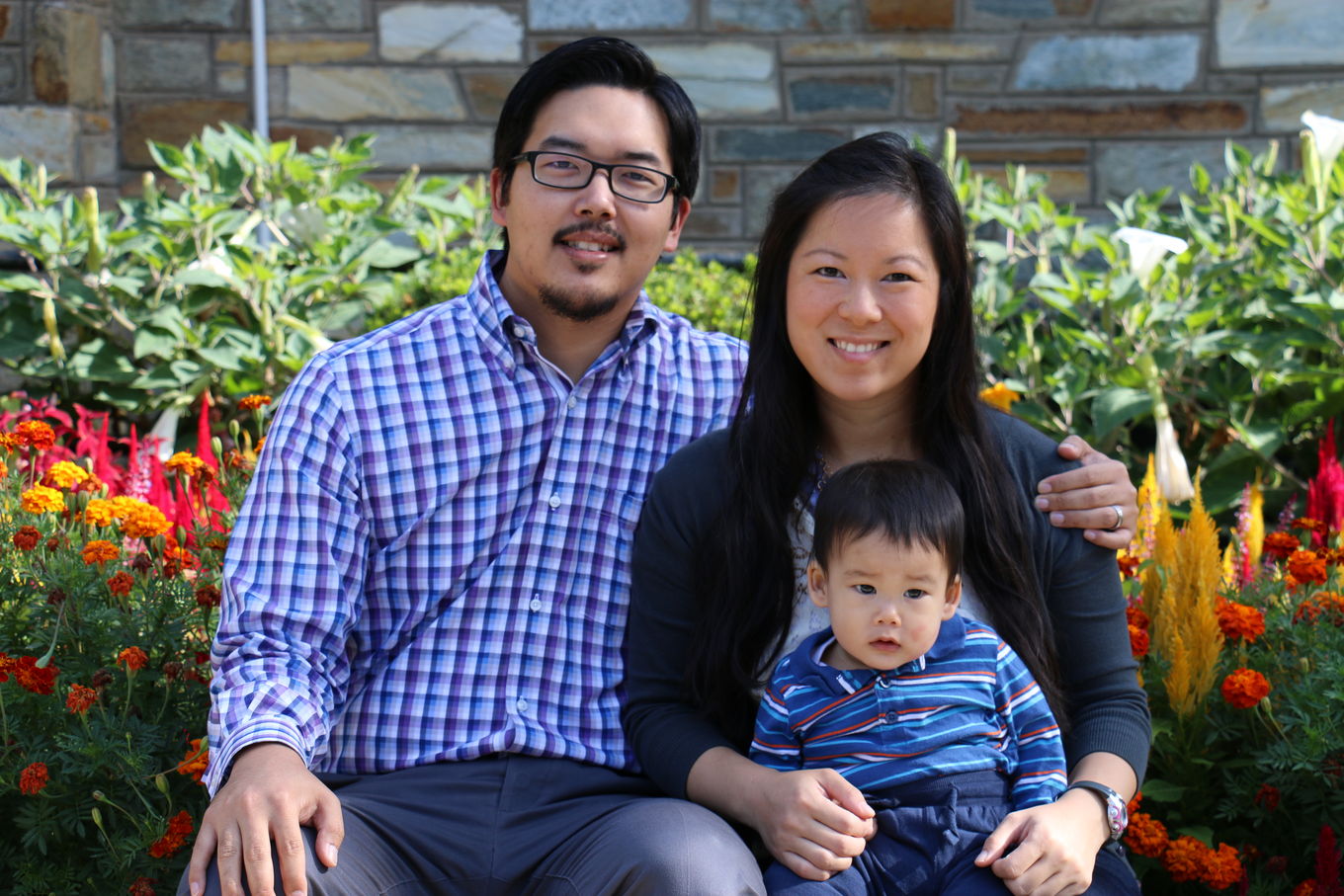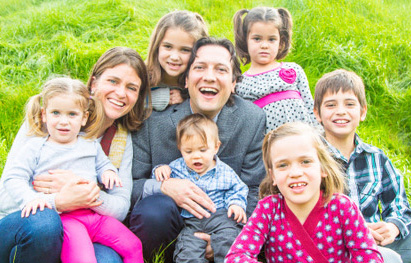
SILVER SPRING, Md. (BP) — The entire refugee family huddled in terror in the back room of their Riverdale, Md., apartment. For hours, a piercing shriek had filled their home. As new arrivals from a developing nation, they had no idea the alarm was warning them about deadly fumes in the house.
Finally, their neighbor, Eric So, was able to get into the apartment, where he found an unlit burner on the stove was spewing gas. A spark could have set off a horrible explosion. Even without a fire, the family soon would have been overcome by the fumes.
 Eric and his wife Lisa serve as local missionaries among Riverdale’s refugee population on behalf of The Well Community Church in Silver Spring, Md., a four-year-old church plant sponsored by the North American Mission Board’s Send Cities initiative, which seeks to strategically move churches and individuals into 32 of the largest population centers in North America.
Eric and his wife Lisa serve as local missionaries among Riverdale’s refugee population on behalf of The Well Community Church in Silver Spring, Md., a four-year-old church plant sponsored by the North American Mission Board’s Send Cities initiative, which seeks to strategically move churches and individuals into 32 of the largest population centers in North America.
Helping refugees is a top priority for the congregation, says lead pastor Matt Klingler.
 “Two of our families have moved into the refugee community here in Riverdale,” Klingler said. “They are meeting needs there every day. Things like teaching them to drive and helping them get their license, and English as a Second Language classes. We’re doing some physical care with them. Giving out winter coats.”
“Two of our families have moved into the refugee community here in Riverdale,” Klingler said. “They are meeting needs there every day. Things like teaching them to drive and helping them get their license, and English as a Second Language classes. We’re doing some physical care with them. Giving out winter coats.”
A strategy of building relationships and serving their neighbors is gradually breaking up the hard soil in Silver Spring, which sits just outside the northern boundary of the United States capital.
The upscale suburb of Washington, D.C., houses an eclectic mix of federal workers and refugees, white collar and blue collar neighborhoods, almost any ethnic group you have ever heard of — and the multitude of religious traditions you would expect in such a diverse community.
New Hampshire Avenue, a main artery down into the District of Columbia, looks like “Religion Row” — home to a Cambodian Buddhist monastery, a Muslim community center and a Ukrainian Orthodox cathedral, with a Hindu temple nearby. More than 60 percent of residents, however, claim no religious faith.
“If most people hear ‘Christian,’ they think ‘right-wing fundamentalist’ and ‘We don’t like you,'” Klingler said.
The Well began as a Bible study in Klingler’s home in 2012. The congregation has grown by about 40 people a year to reach a current level of more than 190 adults and as many as 60 children each week. Eight of their 29 baptisms came in 2015.
“For the area, what God has been doing, it’s been pretty neat growth,” Klingler said.
Plenty of challenges, however, face a congregation of 20-somethings in the high-pressure setting of the nation’s capital. In addition to the animosity toward born-again Christianity, Klingler has had to adjust his expectations as he wrestles with the transience of urban professionals, the cost of living and the scarcity of meeting space.
It’s enough to drive a person to prayer.
“In my own life, the intensity of planting a church here has brought me to my knees,” Klingler said. “Relationship with Christ has been more and more integral to survival than it ever had been previously.”
And when the fledgling church took their needs to the Lord, He provided in great ways, Klingler added.
“We had no idea what we were going to do for meeting space,” he recalled. “We were praying and God gave us a free place to meet. Then I was telling another pastor in the area that we needed a worship leader. He said, ‘Pray for one.’ So I began praying more fervently, and God just dropped this guy in our lap. This fellow led worship with us one Sunday, then over the coming months decided to move his family into Silver Spring to be closer and lead worship as a volunteer for the church.”
Now the congregation holds its Sunday services in the heart of Silver Spring in a space leased from a Seventh-day Adventist congregation, which meets on Saturday. The church is structured through missional communities — small groups that decide for themselves how to bring the Gospel to the people group they are trying to reach. In addition to refugees, service outreaches often focus on public schools, providing weekend food packs for kids and helping teachers who have little parental support for school activities.
While progress comes slowly, the strategy of building relationships and serving others reflects The Well’s mission: “Following Jesus together for the good of the world,” Klingler said. “We want the Gospel to go out, and we also want to see the impacting results of the Gospel transforming the area in positive ways.” The congregation’s vision is to see churches planted all over the area north of the nation’s capital.
“There is a deep need for more Gospel-preaching churches in the area,” Klingler said. “The Well is privileged to serve God in this area where the Gospel so desperately needs to be preached and more churches planted.”
Learn more about church planting and connecting with church plants in the D.C. area at www.namb.net/DC. To take your next step on mission, visit www.namb.net/SendMe.













